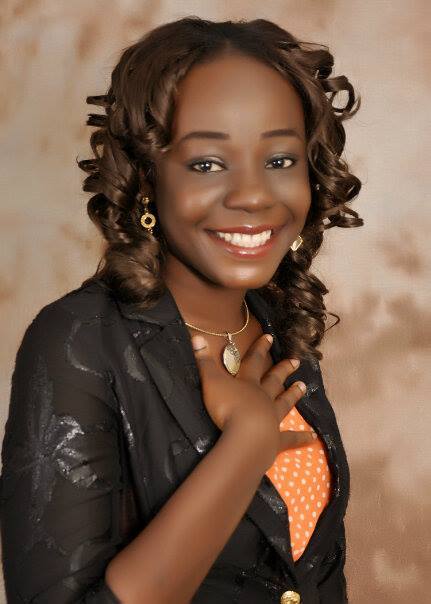She braved the post-election violence at Bauchi in 2011 when she chose to answer the call of her fatherland. She survived an explosion at the lodge where she resided for her service year amidst fear for her life; she went on to build the first borehole in the village called at Bauchi state.
Chibuzor Mirian Azubuike is a writer and humanitarian. With interests ranging from broadcasting and catering, to counseling and travelling, she is committed to making a positive impact in her environment. She talks to Connect Nigeria about her journey.
CN: It is good to have you.
CMA: I feel honoured to be interviewed by Connect Nigeria. I want to say thank you for organizing the writing seminar last April. At the seminar, I met Okechukwu Ofili and was guided in the publishing of my book. Thank you again.
CN: How did you feel about getting posted to Bauchi when you knew what happened to corp. members in that state two months earlier?
CMA: I was very disappointed, I felt so bad, I never knew I would be posted to such a place.
CN: Did you ever experience an explosion?
CMA: There were some explosions; the security situation in the North East is public knowledge.
CN: How did you survive?
CMA: An incident occurred during my stay in Bauchi. I lived in the church, and one night while we slept, a loud bang woke us up. Our windows were shattered, and in the morning we discovered that part of the roof and fence was damaged. Only then did we realize that it was an explosive that detonated. No life was lost, and only properties were damaged. These incidents prompted the NYSC to grant the choice of being redeployed to corps members who wanted to go, but I stayed back to finish my project.
CN: Did you at any time feel fear of the people you were sent to serve? Did you feel hate? How did you relate?
CMA: The people were very kind to me. Also at my place of primary assignment, Bauchi Television, I was treated well.
CN: How did you come up with the idea that you would help the community get a borehole as your community service project?
CMA: I served as a news reporter at the station, as such I knew the nooks and crannies of the area because we went about searching for news; this was how I came across this community, Bigi Tudunwada. I was immediately touched to do something.
CN: What kind of person would you say you are?
CMA: I am a very compassionate and focused person.
CN: What kind of challenges did you face on your journey to doing what you did for your community during your service year?
CMA: The major challenge was fund raising, initially it was not forth coming. The other challenge was that the roads to the village are not motorable. I thought all hope was lost after depositing for the drilling, but when the geophysicists saw the condition of the villagers, they were touched to walk the remaining distance on foot. Also, the heaving drilling vehicle broke down because of the state of the roads.
CN: You just released a book, tell us about it.
CMA: My book, “The Girl Who Found Water” is a summary of all my experiences, from my fear of serving in the North to how I was able to carry all my projects, which included a borehole, some uniforms and writing materials that were donated to pupils. There was also the renovation and equipping of a carpentry skill acquisition centre. I have had book readings at Terra Kulture where I read a chapter of my book and answered questions from an enthralled audience.
CN: Where do you see yourself in the next five years?
CMA: Interesting! In the next five years I hope to publish another book as well as have a functional NGO that will render services to humanity.
*Mirian’s book is available on konga.com at N1000 with no delivery charges


